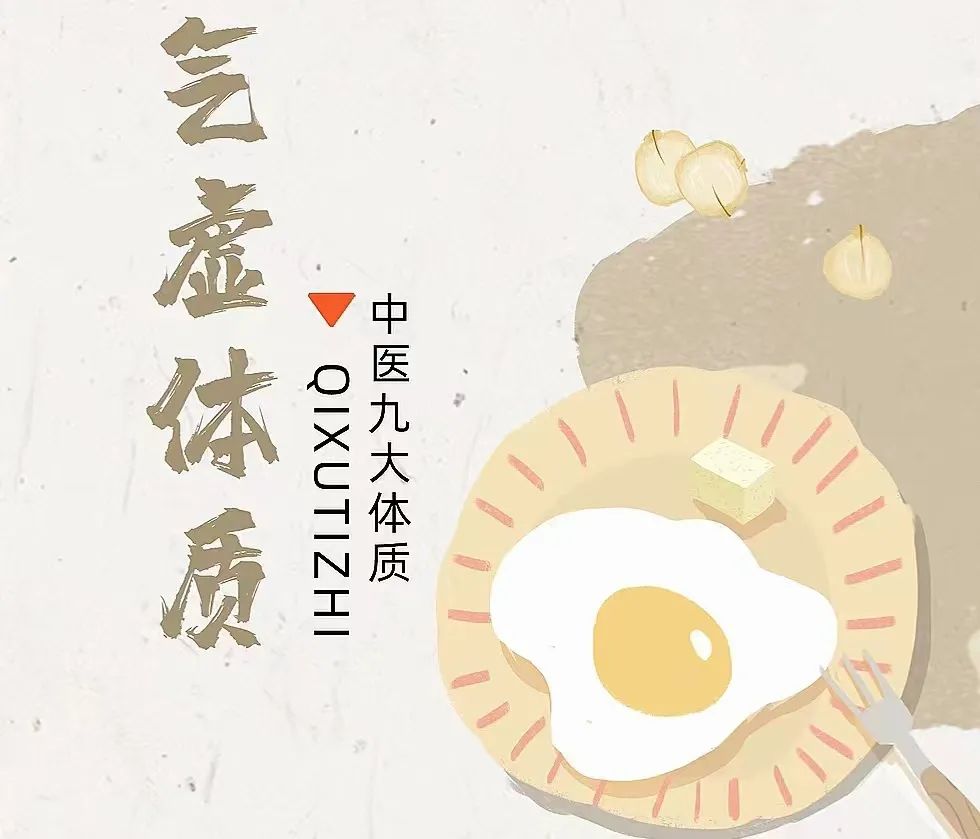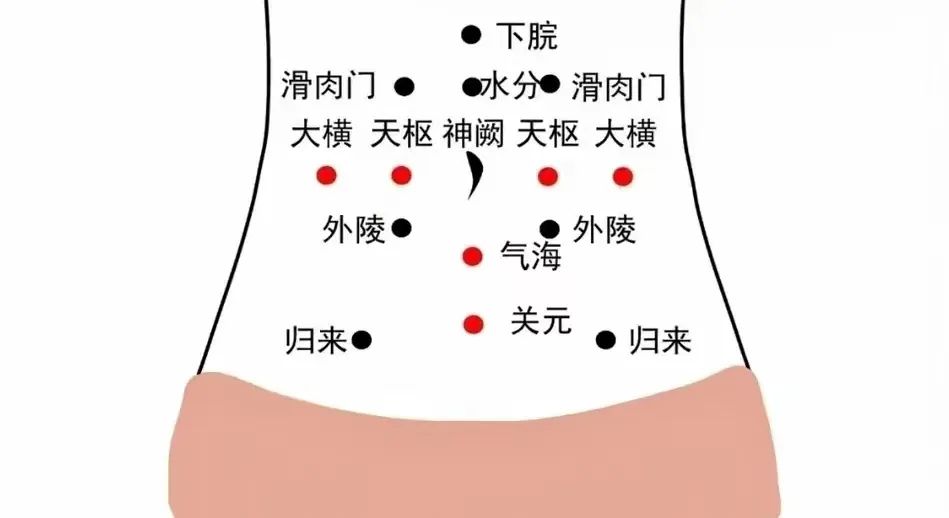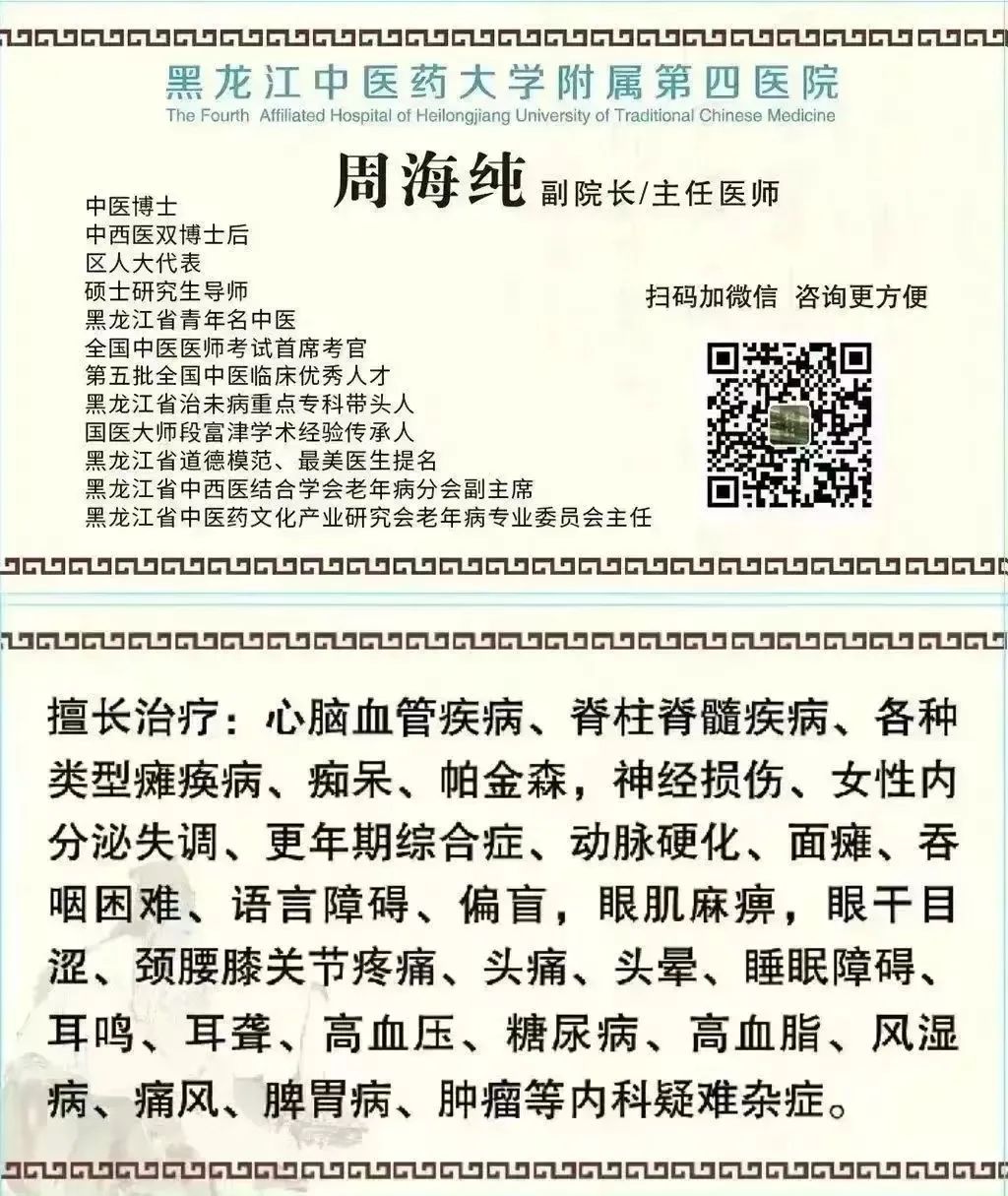 Constitutional Health Preservation – Qi Deficiency Constitution (Type B)
Constitutional Health Preservation – Qi Deficiency Constitution (Type B)

This video is reprinted from Bilibili UP “Director Wang Ying of Traditional Chinese Medicine”


1. General Characteristics: Insufficient vital energy, with fatigue, shortness of breath, and spontaneous sweating as the main features of Qi deficiency.
2. Physical Characteristics: Muscles are soft and lack firmness.
3. Common Manifestations: Usually speaks softly, short of breath and reluctant to talk, easily fatigued, low energy, prone to sweating, tongue is pale red with tooth marks on the sides, and weak pulse.
4. Psychological Characteristics: Introverted personality, dislikes taking risks.
5. Disease Tendencies: Prone to colds, organ prolapse, and slow recovery after illness.
6. Adaptability to External Environment: Poor tolerance to wind, cold, heat, and dampness.
 Health Preservation for Qi Deficiency Constitution
Health Preservation for Qi Deficiency Constitution
Mental Regulation

Maintain an optimistic mindset. The Qi deficiency constitution tends to be introverted, so self-adjustment is necessary to cultivate an open and optimistic attitude, and avoid excessive mental strain.It is advisable to enjoy lively music, such as the flute piece “Joyful Reunion”.
Exercise Regulation

(1) Exercise should be gentle and slow. For Qi deficiency constitution, low-intensity exercise is recommended, with an appropriate increase in the frequency of exercise while reducing the total load of each session, controlling the duration of exercise, and progressing gradually. High-load exercises and excessive sweating should be avoided to prevent depleting vital energy.
(2) Gentle traditional fitness activities are recommended, such as Ba Duan Jin (Eight Pieces of Brocade). After completing the full set of Ba Duan Jin movements, perform “Two Hands Grasping Feet to Strengthen the Kidneys and Lower Back” and “Clenching Fists and Glaring to Increase Strength” 1-3 additional times each.
(3) Pelvic floor exercises can also be used to prevent organ prolapse. Specific method: Relax the whole body, focus on the perineum and anal area. First inhale and contract the abdomen, lift the anus, hold for 2-3 seconds, then slowly relax and exhale, repeating this 10-15 times.
Dietary Regulation

(1) Choose foods that are neutral to slightly warm and tonify the spleen and Qi, and avoid or limit foods that deplete Qi, such as water spinach, betel nut, and raw radish.
(2) Avoid excessive consumption of raw, cold, bitter, spicy, or hot foods.
(3) Since those with Qi deficiency often have weak spleen and stomach, diet should not be overly rich, and excessive supplementation should be avoided, as this can lead to stagnation in the spleen and stomach, resulting in bloating and loss of appetite.
Acupuncture and Tuina

(1) Acupuncture Points: Qihai (气海, Sea of Qi), Guanyuan (关元, Gate of Origin).
(2) Simple Acupuncture Point Location:
Qihai: Located in the lower abdomen, on the anterior midline, draw a straight line from the navel to above the pubic bone, divide this line into ten equal parts, and measure down 3/10 from the navel.
Guanyuan: Located in the lower abdomen, on the anterior midline, draw a straight line from the navel to above the pubic bone, divide this line into five equal parts, and measure down 3/5 from the navel.
(3) Effects:
Qihai has the function of nourishing vital energy, benefiting the kidneys, consolidating essence, restoring Yang, and prolonging life. Guanyuan has the function of nourishing the source and benefiting the lower burner.
(4) Operation:
Apply gentle circular pressure with the palm at the acupoints, massaging each point for 2-3 minutes, once or twice daily.
Additionally, moxibustion with moxa sticks can be used to enhance the warming and Qi-nourishing effects. Ignite the moxa stick or use a moxibustion box to warm the acupoints for 10 minutes each time. Gentle moxibustion can be performed once a week or on the day of seasonal changes.

END

